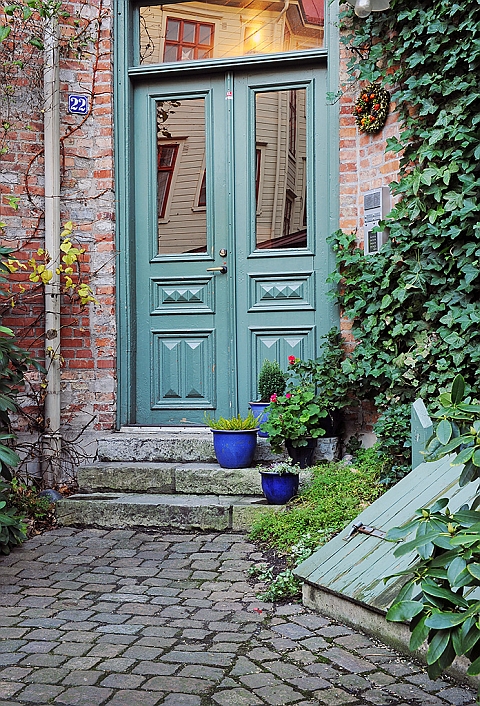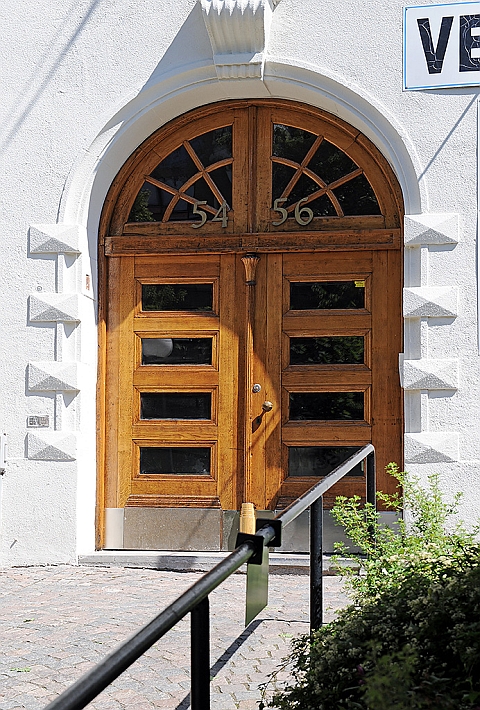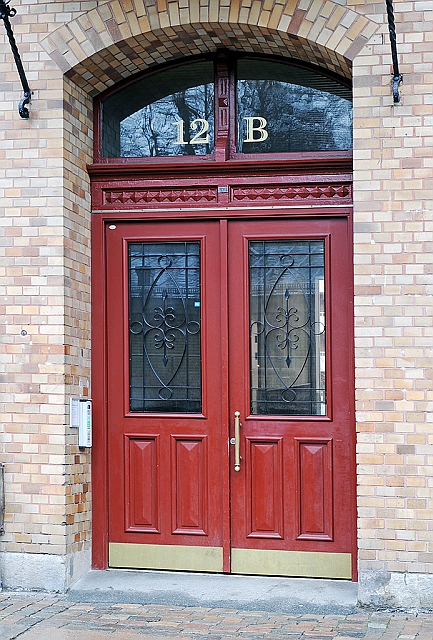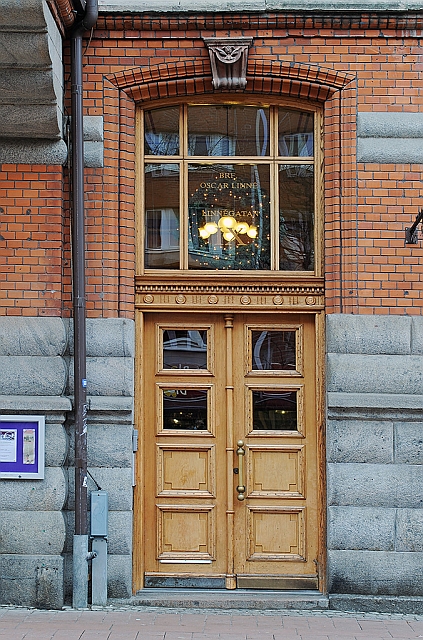
Occasionally I encounter a Catholic with the strange idea that Church teaching never changes. Any amount of reflection on this faulty assumption should immediately bring to mind numerous changes that have occurred over time. Another strange idea that some Catholics have is that culture shouldn’t influence Church teaching. Both of these ideas can be easily examined and questioned.
If we look at the book of Acts of the Apostles, we see an early Church that taught the practice of pooling and sharing material wealth (Acts 4:32-35) and caring for everyone within the community. This was the teaching and practice of early Christianity. Certainly that practice has changed.
Of course the practice of Eucharist has changed dramatically. St. Paul reminds the Corinthians that the practice of Eucharist is to be a meal that serves and feeds the poor who are actually hungry (1 Cor 11:17-22). Now there’s a foundational teaching that changed! When was the last time you went to a Catholic mass where the ritual included serving an actual meal to those physically hungry in their midst? Perhaps never. Nevertheless, such masses do occur and I have attended a few.
Other teachings have changed as well, and thankfully for the better. In the middle Ages the Church declared that the practice of slavery was a doctrine and usury was a mortal sin. Both teachings have since been shelved and in fact, reversed.
Now, what about the influence of culture? In truth, the cultures of the day have always influenced Church teaching. First Jewish culture, then Greek, Latin, European nomadic tribes, etc. How could they not? Culture (including language) is the lens through which people view their world.
Cultural influences can be positive. Consider the St. Paul’s Jewish idea that we are all part of the Body of Christ. On the other hand consider the negative Roman idea that governance is best done via a monarchy or imperial oligarchy. Today a negative influence would be unregulated capitalism in our culture. But a positive one could be the concept of democracy or everyone having a voice.
Church teaching is always changing. It is alive. We add to what we understand, how we interpret scripture and dogma (core truths) and continue to build on that understanding with each culture that becomes part of Christianity. Over time our understanding of what is holy, whole and healing changes. Our understanding of what it means to be truly human changes. Our understanding of God changes.
With the idea of “mission” therefore, “we do not seek to Christianize Africa. Rather we seek to Africanize Christianity.” We do this by listening and lifting up the ways God is already at work in African peoples and their cultures.
But how will we know which influences are positive or negative? A good way to check is to ask yourself, “Does it benefit the good of all or the common good?” and “Does it have a preference for the vulnerable and weakest among us?”
Not everything in our Catholic traditions should be kept. We need to know, as Catholics, what to appropriate out of our Catholic Christian traditions – and what is best forgotten.
This post was originally published on 5-22-11. You may also like American Catholicism-How’s It Working?, Question the Culture and Truth Or Consequences.







